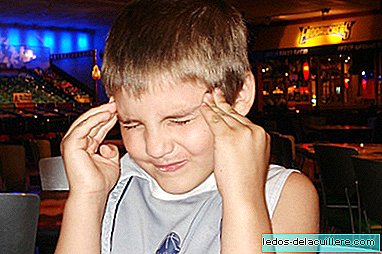
Today marks the International Asperger Syndrome Day, a term coined in 1981, when Lorna Wing discovered Hans Asperger's work on the definition of “autistic psychopathy in childhood” dated in 1943. Previously, Grunya Iefimovna had already described it (and the reference to his work - also years later - was the first in a scientific publication).
From the fifth edition of the DSM it is included in the Autism Spectrum Disorders (ASD), although it remains with its own identity, and differentiated from classical autism
From Daily Autism, they tell us that in the Asperger, "nothing seems clear yet": Too many myths, reciprocating acronyms and denominations ... There are those who say that it is only one condition, through which it is understood differently what surrounds the people diagnosed. These differences are just that ... but at the same time can make life difficult for people with Asperger, not in vain can also be considered an "invisible disability." One of the greatest difficulties of people with Asperger's Syndrome is related to their social inclusion, a situation that lengthens in time the episodes of anxiety or depression. In people with Asperger, emotional tension is common.
There are children, and children become adults: they continue to accuse problems such as lack of diagnosis, unstable family environments, aggressive social contexts (in the work environment and in other relationships) that may be a continuation of what happened in childhood. People who have Asperger may also suffer from low self-esteem, and in women there may be situations of continued sexual abuse.
The need for youth and adults with Asperger Syndrome to receive support is basic. Maybe it's time to take into consideration that many people never received adequate care (or no attention) and that today, allowing them to access social-labor inclusion plans, or social skills workshops, or in short, to understand why their differences, can mean the difference between being able to develop full lives or no. And this must be a social obligation. It is without a doubt a symptom of social maturity.
Whatever the age of those affected, the basis of the conflict is the same, although with different consequences. It seems that rights are not progressing very fast, and that despite the difficulties of many children, youth and adults to have a full life.












